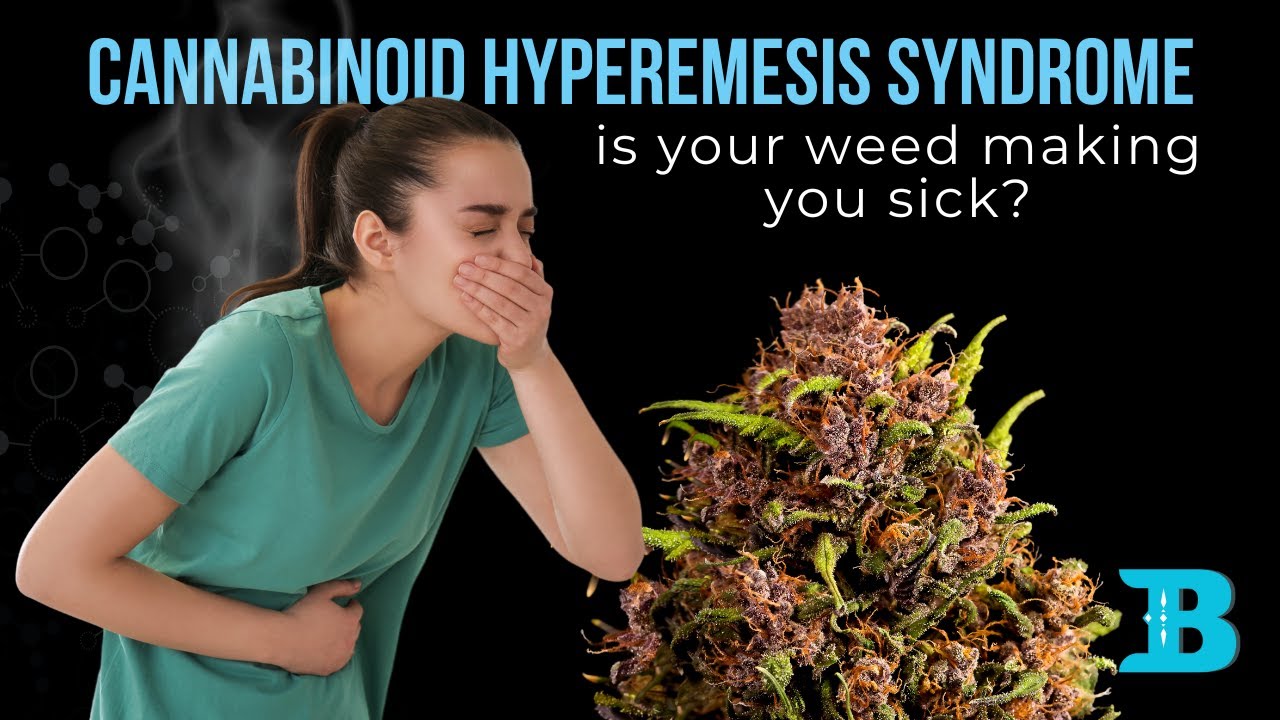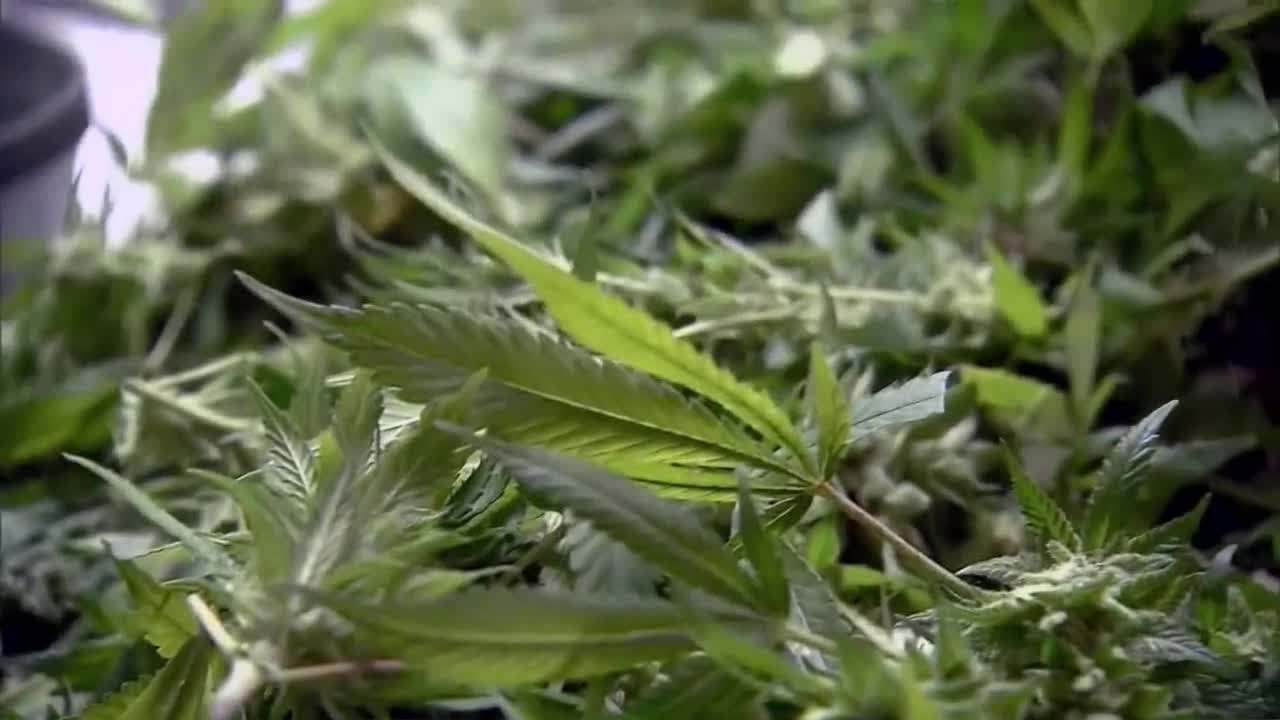Understanding Cannabinoid Hyperemesis Syndrome (CHS) | Bioactive Podcast with Dr. Riley Kirk, Dr. Codi Peterson, & Megan Mbengue
In this episode of the Bioactive Podcast, we uncover the complexities of Cannabinoid Hyperemesis Syndrome (CHS)—a paradoxical condition where chronic cannabis use can trigger severe nausea, vomiting, and abdominal pain. Despite cannabis being widely used for its anti-nausea benefits, regular consumption can, in rare cases, lead to CHS symptoms.
Host Dr. Riley Kirk is joined by experts Dr. Codi Peterson and Megan Mbengue to break down the prodrome phase, potential genetic predispositions, and what ongoing research suggests about this condition. They dive into an important University of California, Irvine study aimed at improving CHS diagnosis and treatment options.
Listeners will also discover unique remedies like hot showers and capsaicin cream, and gain insights into the role of THC, CBD, and other cannabinoids in relation to CHS. This episode is essential for cannabis users, healthcare professionals, and anyone curious about this rare syndrome.
Don’t miss: How to participate in ongoing research, and why understanding CHS is critical for the growing cannabis community.
Watch now for valuable insights, and don’t forget to like, subscribe, and share your thoughts in the comments!
Links:
Participate in the CHS Study: https://uci.questionpro.com/CHS-P1
Join our Bioactive Patreon: https://www.patreon.com/cannabichem
Timestamps:
00:00:00 – Introduction to Cannabinoid Hyperemesis Syndrome (CHS)
Overview of CHS, its symptoms, and the paradox of cannabis use leading to nausea and vomiting.
00:01:07 – Current CHS Study Announcement
Details about the ongoing study at UC Irvine and the opportunity for participants to win raffle prizes.
00:02:24 – Guest Introductions
Introduction of the host and guests, Dr. Cody Peterson and Megan Bang, and the seriousness of the CHS topic.
00:03:17 – Understanding CHS
A high-level overview of CHS, including patient experiences and the unique symptoms associated with the syndrome.
00:04:34 – Differentiating CHS from Acute Intoxication
Discussion on the difference between CHS and vomiting due to acute cannabis intoxication.
00:06:51 – Prodrome Phase of CHS
Explanation of the early symptoms leading up to CHS, including nausea and anxiety.
00:09:13 – Importance of the Study
Emphasis on the need for data collection to better understand CHS and its symptoms.
00:10:29 – Patient Experiences and Triggers
Real-life examples of patients experiencing CHS and the potential triggers, including food intolerances.
00:12:31 – Misunderstandings in Medical Settings
Discussion on the lack of understanding of CHS among healthcare professionals and the need for better education.
00:13:38 – Challenges in Diagnosing CHS
The difficulties in diagnosing CHS and the current criteria for diagnosis.
00:15:30 – Theories on Causes of CHS
Exploration of various theories regarding the causes of CHS, including endocannabinoid system imbalance.
00:20:03 – Community Theories and Concerns
Discussion on community theories about CHS and the importance of understanding its effects.
00:22:50 – Age Distribution and CHS
Insights into the age demographics of CHS patients and the correlation with cannabis use patterns.
00:25:00 – Genetic Component of CHS
Discussion on the potential genetic predisposition to developing CHS.
00:27:29 – Pharmaceutical Treatments for CHS
Overview of medications used in hospitals to treat CHS symptoms.
00:30:55 – Capsaicin and Hot Showers
Discussion on the relief some patients find from hot showers and capsaicin cream.
00:32:17 – Managing CHS Symptoms
Suggestions for supplements and lifestyle changes that may help alleviate CHS symptoms.
00:35:00 – The Role of THC and CBD
Discussion on the relationship between THC potency, CBD, and the risk of developing CHS.
00:39:56 – Final Thoughts on CHS
Concluding remarks on the importance of understanding CHS and the need for further research.
source



